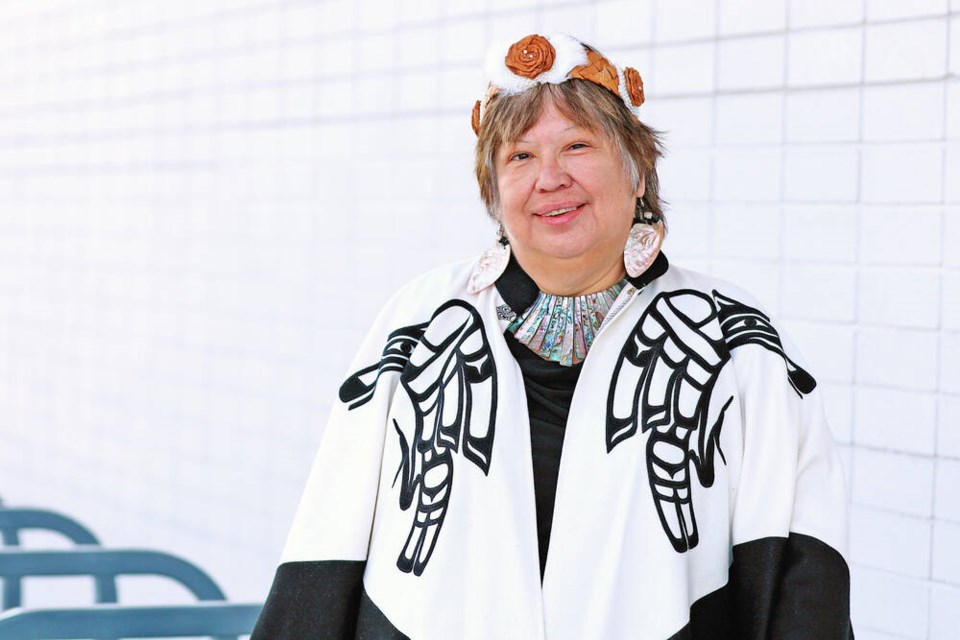The Pope’s apology to Indigenous people in Canada was “too little too late,” says the president of the Nuu-chah-nulth Tribal Council.
If it takes more than 40 years to receive an apology and it’s incomplete, “Are they really apologizing or are they just saying words?” said Judith Sayers (Kekinusuqs).
Pope Francis on Friday wrapped up a six-day Canadian tour that saw the pontiff express “deep shame and sorrow” and apologize for abuses committed by some members of the Roman Catholic Church.
Sayers said she wasn’t that interested in an apology, though she hoped that those who were would get a real, heartfelt one.
Instead, she — like others — had been hoping Francis would address the Doctrine of Discovery. The document, which dates to the 15th century with roots in papal documents, was used to validate efforts to colonize lands deemed uninhabited but home to Indigenous Peoples.
Francis addressing the doctrine “would have been huge,” Sayers said. “There was no recognition really, that their Doctrine of Discovery has been embedded in Canadian law, U.S. law, many countries’ laws and how it has affected us as a people because we’re still struggling to have our title recognized.”
Indigenous leaders who shared a meal Thursday evening with Canadian bishops said none of their key issues — access to church archives, the rescinding of the Doctrine of Discovery, and the return of sacred objects possessed by the Vatican — were addressed.
Sayers would have also liked to have seen the Pope’s visit include plans to work with First Nations toward reconciliation.
“I think if they’d had some really good conversations with Indigenous people, about what is really needed, [it] would be a lot different,” she said. “It wasn’t just the apology. That’s a big part of it, certainly, but there were other things that people need.”
Other Indigenous people have also called for action following the Pope’s visit, with Ghislain Picard, head of the Assembly of First Nations Quebec-Labrador, and Cree Grand Chief Mandy Gull-Masty saying it is now up to Canadian bishops to take the next concrete steps.
In Tofino, Chief Councillor Elmer Frank of the Tla-o-qui-aht First Nation said that although he is not a residential-school survivor, he knows the Pope’s visit has brought up a lot of emotions in the 1,200-member nation.
Three residential-school survivors from Tla-o-qui-aht First Nation went to Alberta to hear the Pope in person, and a special feast is planned for Monday to welcome them home, he said.
The event will let community members know that the nation is there to support them, with counselling available, Frank said.
The Indian Residential Schools Resolution Health Support Program has a hotline to help residential school survivors and their relatives suffering trauma invoked by the recall of past abuse. The number is 1-866-925-4419.
>>> To comment on this article, write a letter to the editor: [email protected]



